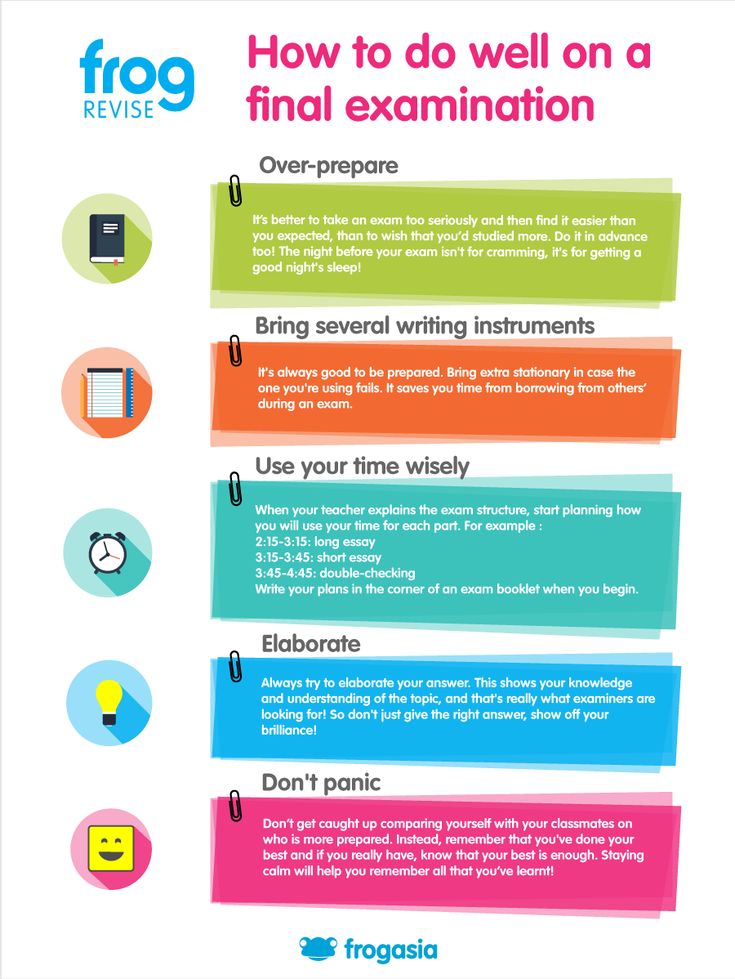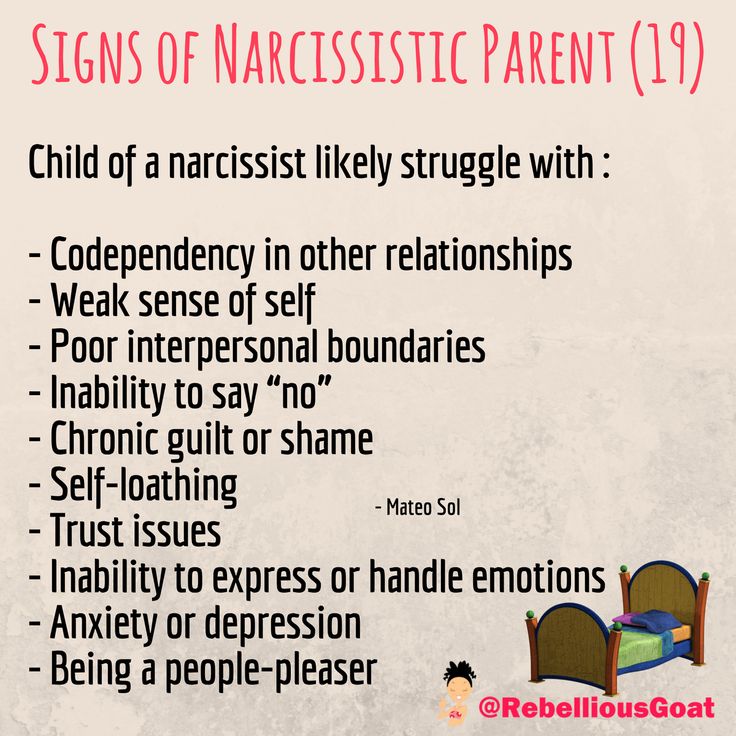Divorcing from your parents
How to Divorce Your Parents
Married couples can divorce while lovers can break a relationship, but what can be done if you want to leave your own parents. There can be certain times when you don’t want to stay with your parents and cannot leave the house as you are still not 18. This is the time when the question strikes the mind as, ‘How to divorce your parents?’ Well, in the US if you want to divorce your parents, you can request for ‘Emancipation’ that will relieve your parents of any responsibility and control for you. But not all the US states have laws that allow it to be done. First you need to know whether the state where you reside have the provision for Emancipation and then you can proceed further.
But why a child would want to leave his parents? Well, no parent is perfect and there can be various reasons behind children wishing to divorce their parents. Some of the reasons include: toxicity in the relationship, verbal abuse, physical abuse, mental torture, and so on.
A minor may also seek emancipation for reasons such as marriage, teen pregnancy, joining the military or just to be an independent adult.
What is emancipation?
Emancipation is the legal act of declaring a child an adult and absolving the parent-child relationship in the eyes of the law before the child turns 18. In the US, as soon as one turns 18, they legally become an adult. It means they are automatically emancipated from parental custody and control.
Once children become emancipated legally, they can take decisions on their own regarding medical or psychiatric care. They may even make a will, sign a contrat, buy or sell property, and apply for a work permit without the need of parental consent. They must take care of their own financial affairs to support themselves. However a child still needs to attend school and cannot marry until reaching the age of 18 without the permission of their parents.
Before any children make the decision to file a petition for emancipation, they need to discuss their feelings with a neutral party, to determine exactly how bad the relationship with their parents is, how living separately can help them and so on.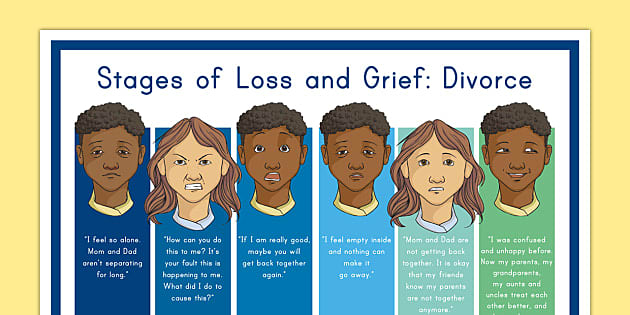 They also need to discuss this issue with one or both of their parents. If their parents are genuinely upset and are ready to make changes to make the relationship strong, they need to think again about their decision.
They also need to discuss this issue with one or both of their parents. If their parents are genuinely upset and are ready to make changes to make the relationship strong, they need to think again about their decision.
Check this video to know about the basic requirements for emancipation.
The Process of Emancipation:
Emancipation is not allowed in all the US States and in the states where emancipation is legal, the process is quite similar. First you need to get the appropriate form for filing the petition for emancipation. You can get the form from the official website of the state or from the court in your states.
But before you file the petition for emancipation, you need to fulfill certain criteria such as you must be at least 14 years of age, you willingly want to live away from home,you can can manage your own finances with the help of a legitimate source of income.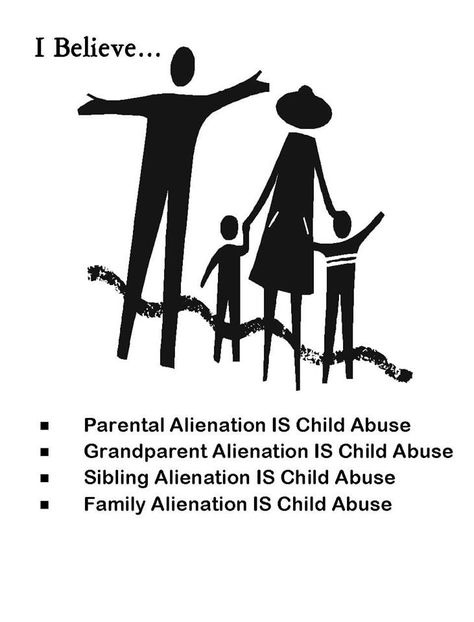 All these criteria help in convincing the court that emancipation would be in your best interests.
All these criteria help in convincing the court that emancipation would be in your best interests.
Advertisement
If you think you are a suitable candidate for emancipation, you can get the form and file the petition in the court for emancipation. Along with form you need to submit a statement explaining your current living situation, reasons behind emancipation and how you are financially self-sufficient. The average filing and court fee is about $250.00, plus the cost of your legally required attorney. The fees that lawyers charge for emancipation range from from $800 to $1000, if the petition is not contested by your parents. The cost for emancipation will be much higher if parental permission is not granted.
Once you file the petition, it is your duty to notify your parents about the petition for emancipation. But in case you think you don’t want to tell your parents yourself, you need to put your reasons in the court and then only alternate arrangements can be to inform your parents.
The judge will review your petition and the documents submitted by you. After reviewing the court can approve or deny the petition without a hearing, but in most cases a hearing date is given. If required the judge may request the parties to go for mediation before a final decision is made. In such kind of situation, another date will be given for the case.
On the next hearing date, the judge will want to know about the problems in your life from you as well as your parents. This is done to verify that things are in your favor. Once satisfied, the judge will give his approval to the final document called the Declaration of Emancipation.
You can get copies of the Declaration of Emancipation from the court. After that you need submit the copies to those people or organizations that require parental consent.
Here it is essential to know that after the Declaration of Emancipation is signed by the judge, the court does have the ability to revoke the order and notify the minor’s parents of the revocation.
To get some idea about child emancipation laws in the state of Colorado, you can check this useful video.
Other Options:
Emancipation is a very heavy responsibility and must be taken very seriously. There are alternatives to emancipation as well that can be used to live separately from your parents. Such options include:
- Family counseling or mediation service between you and your parents
- Living with another responsible adult
- Getting assistance from agencies (public or private)
- Coming up with an informal agreement with your parents to allow you to live separately
Some Important Points:
- Emancipation decrees are granted in very rare cases and the court have the right to withdraw such a decree before the minor becomes an adult as per law.
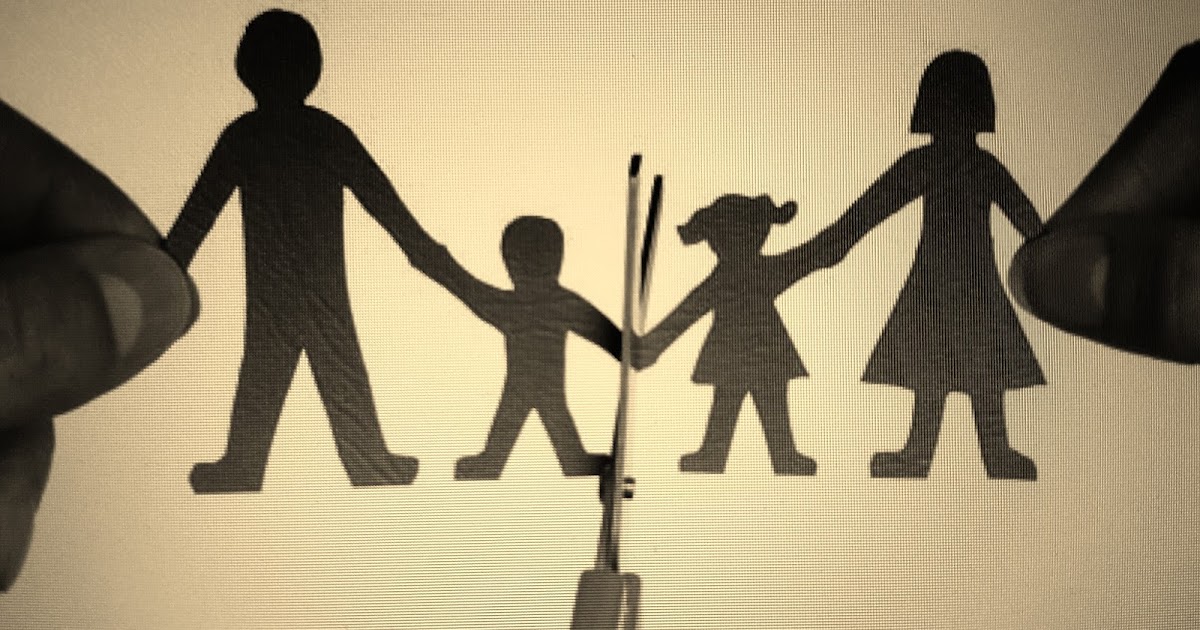
- A judge will not grant emancipation if a child is unable to totally support him financially.
- A child must be able to get and pay for their own medical, dental, and automobile insurance in order to get the emancipation order from the court.
- Also a child must be able to pay all of his own bills and the source of income must be a legal one.
- No matter what, after emancipation a child must finish high school or reach the age of 18.
- Child labor laws still apply, which means a child simply can’t work as many hours as he may want.
To conclude, emancipation is a very big step in life and must be taken very seriously by any minor. Always try the alternatives to emancipation before taking any final step.
My Parents Are Divorcing. How Do I Cope?
When it comes to the relationship between divorce and children, parents breaking up can impact kids psychologically, emotionally, physically, and academically. When children are young, it is important for parents to learn how to explain divorce to children and how to help their children cope.
However, teenagers and adults who have divorcing parents might be searching on their own for information on coping with divorce. For these different stages in life, learning how to deal with your parent’s divorce might look a bit different whether you’re still living under your parent’s roof or if you have transitioned into adulthood.
In both cases, though, it’s important for you to learn how to identify, experience, and validate your own emotions as a part of the healing process. It is easy for both teens and adults to suppress their emotions that stem from such a difficult occurrence, however, this can have a number of psychological and physiological consequences.
Are you wondering how to cope when you’re parents are getting a divorce? Let’s take a look at what you need to know.
Coping With Divorce as a Teenager
The teenage years are often a time of high emotions, with so much going on with friends, relationships, and school. Many teens are already feeling stress during this time, and parents divorcing or problems in the home can amplify that.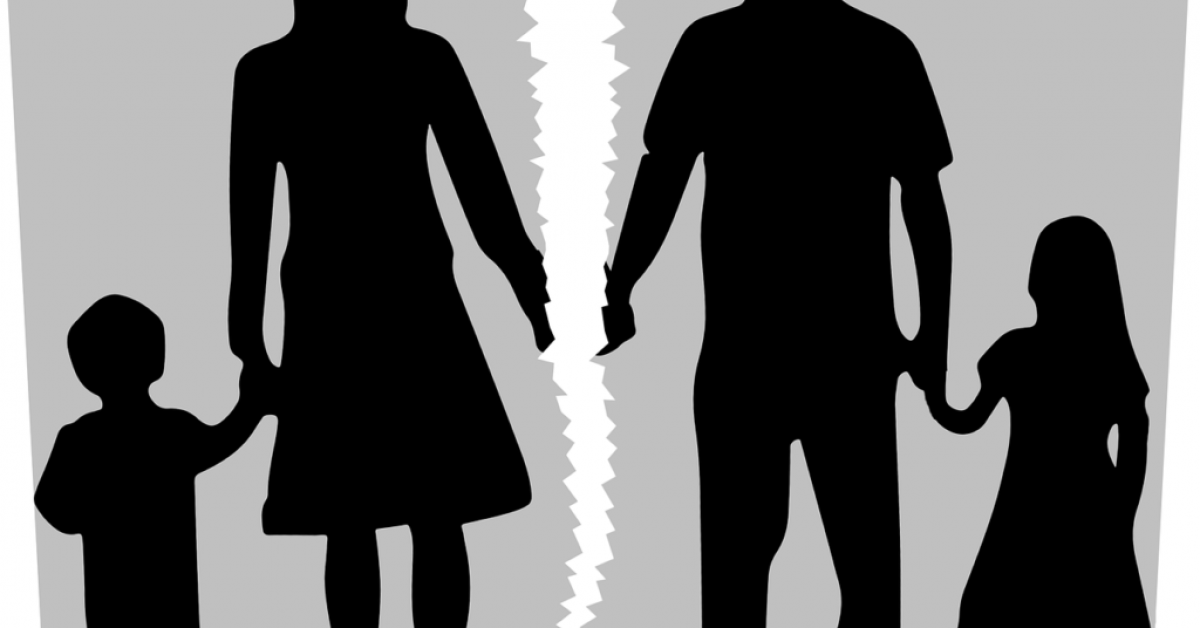
Here are some important things to remember when your parents are getting divorced.
It’s Not Your Fault and It Never Was
As a teenager, watching your parent’s relationship and can be one of the most difficult things you will go through. Even though this can be a very hard time, you never want to forget that it is not your fault. Relationships can be incredibly complicated, and your parents are separating because of issues between them and not to do with you.
It is easy to worry that things that you did or didn’t do led to your current situation. However, there is nothing that you could have done to change the outcome of your parent’s relationship.
You’re Not Their Messenger
Unfortunately, some parents will use their children as a messenger to share information between homes. This is not your responsibility, and you should not be put in the position of being their go-between. It is your parent’s responsibility to figure out how to communicate with each other in a way that does not involve you.
Validate Your Emotions, Don’t Suppress Them
When you find out that your parents are getting a divorce, there are a lot of different emotions that you might feel. Maybe you feel angry, confused, sad, or maybe you even feel relieved if your parents were always fighting. No matter how you feel about the situation, it is absolutely crucial that you validate your emotions.
Feeling guilty about the emotion you’re having won’t accomplish anything and will only cause more pain and discomfort for you. Many teenagers might be tempted to suppress their emotions because they are worried that there is something wrong with them. However, allowing yourself to experience your emotions and vent them is essential to your mental health.
When people suppress their emotions, they often find ways to vent these emotions. This might lead to issues like overeating or abusing alcohol or drugs. Self-destructive behavior like this will only make the situation worse, and if you’ve found yourself coping in this type of way it’s important to get professional counseling right away.
Emotions will always be a part of life. It is important that we learn to accept, experience, and validate our motion in order to leave the healthiest life possible.
Find New Ways of Dealing With Stress
You may have never dealt with as much stress as you are now that your parents are getting divorced. If you haven’t had to figure out how to handle stress in the past, you might be feeling unequipped for the situation you’re going through.
There are a lot of different things that you can do for stress management. Everyone is different, and you can experiment with what works for you. Lots of people, though, are able to find hobbies that they enjoy that assist them in getting through times that are tough.
Here are some popular stress management hobbies and techniques:
- Journaling
- Running
- Yoga
- Hiking
- Doing puzzles
- Cooking
- Coloring
- Knitting, crocheting, or quilting
- Spending time with your pet
- Playing sports
- Breathing exercises
- Art projects
- Socializing with friends
While you can’t change the fact that your parent’s getting divorced is causing stress in your life, you can adopt stress management techniques that help you cope with it.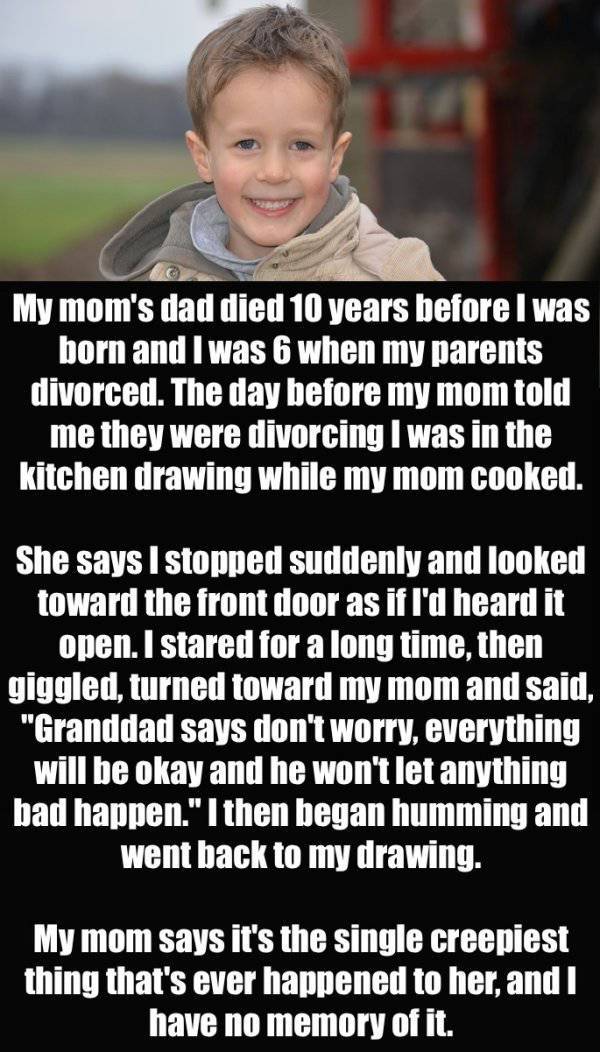
Divorce can obviously be quite stressful for parents, too. If you’ve been experiencing anxiety as a co-parent, check out these five tips to help you cope.
Communicate With Your Parents
When you’re parents are getting a divorce, you might not feel particularly compelled to tell your parents how you are feeling. However, it’s important that you don’t keep your feelings from them during this time. Share with them what you’re going through emotionally so that they can understand how the divorce is affecting you.
You shouldn’t be scared or ashamed to tell your parents that you’re feeling sad or angry about the divorce. Some teens might worry that doing so will make their parents feel bad. However, your parents want to know how you’re doing and it’s their responsibility to be there for you.
Talk to Your Close Friends
Sometimes it can be good to talk to those who are close to you that are beyond your family. Your closest friends want the best for you and want to know what’s going on in your life. When you’re parents are going through a divorce, talk with your best friends and tell them what you’ve been going through.
When you’re parents are going through a divorce, talk with your best friends and tell them what you’ve been going through.
It can be hard to talk about these things, and maybe you don’t want to talk about your parents divorce with all of your friends. However, confiding in your closest friends can be a very healthy way to deal with and vent your emotions, keeping you healthier and happier and avoiding the outcome of suppressing emotions.
Consider Talking to an Expert
It can feel odd to talk to a professional therapist or counselor at first. However, it can be very helpful to have someone to listen to you and talk things out with during this time. They can offer tips or insights to help you manage your emotions, and otherwise provide a safe place where you can talk about how you feel.
Relationships can be complicated, and there are some things that you might not feel comfortable telling your parents or your close friends. While it’s good to be open and honest with those around you, it is certainly understandable if you feel hesitant to be completely open about how you’re feeling. Therapists can be a great tool in this type of circumstance, to help you explore how you are feeling and decide how to communicate that honestly with the people in your life.
Therapists can be a great tool in this type of circumstance, to help you explore how you are feeling and decide how to communicate that honestly with the people in your life.
How to Deal With Your Parent’s Divorce as an Adult
Even though the divorce rate in the US is on the decline, there is one demographic where divorce is on the rise. Surprisingly, this group is people over the age of 50.
Commonly referred to as “gray divorces,” we are now at a point where one in four people that are getting divorced in the United States are in this older demographic.
There are a number of different factors that are thought to contribute to this rise in divorce at an older age. These include the fact that divorce is more socially acceptable, that women are more financially independent, and that people are living longer.
It is also common for parents to wait to end their marriage until their kids have left the house. The thought process behind this is that adult children will be better able to deal with their parent’s relationship unraveling. While this can be true in some ways and it can certainly be better for children to have a stable home environment when they’re growing up, that doesn’t mean that divorce can’t be devastating and confusing to adult children.
While this can be true in some ways and it can certainly be better for children to have a stable home environment when they’re growing up, that doesn’t mean that divorce can’t be devastating and confusing to adult children.
Many adult children whose parents are getting divorced might assume that it shouldn’t be a big deal for them. However, this is a major life transition for them, too, as it impacts the structure of their family forever. Let’s take a look at some divorce tips for adult children.
Understand That Your Experiences and Feelings Are Valid
Everyone is going to have a different experience when their parents are getting a divorce. Some adult children might be struck with relief, happy that their unhappy parents are finally moving on from an unhealthy relationship. On the other hand, though, it can be devastating to have your family structure change and feel as though it’s in dissolution, which is absolutely a valid way to feel.
No matter how you feel, the important thing is to validate your feelings and experiences. As adults, sometimes we think we know how we should feel about certain occurrences. However, our feelings aren’t dictated by what we think should happen rationally, and so it’s important to recognize how you actually feel versus how you think it would be most mature and ideal for you to feel.
As adults, sometimes we think we know how we should feel about certain occurrences. However, our feelings aren’t dictated by what we think should happen rationally, and so it’s important to recognize how you actually feel versus how you think it would be most mature and ideal for you to feel.
Know That You’re Not Alone
As mentioned earlier, divorces between adults over the age of 50 are on the rise. While this may or may not be comforting, it can help to understand that you aren’t alone in this situation.
Some research surrounding this phenomenon finds that roughly half of the adult children of older divorcees report negative experiences and feelings. Conflicted feelings lead about half of them to withdraw from their parents. Luckily, within about five years most of these estranged parents and children will reconcile, according to the research.
Acknowledge Your Grief
You can lose so many things when your parents get divorced, even if you’re an adult and no longer living at home. You might find that your extended family is no longer intact, it can change the structure of your support systems, and it can alter your dreams about future family celebrations, rituals, and traditions.
You might find that your extended family is no longer intact, it can change the structure of your support systems, and it can alter your dreams about future family celebrations, rituals, and traditions.
Acknowledging your grief is an important step in this process. You should feel free to share the fact that you are grieving these losses with your family and friends. You should be allowed time to mourn this loss and accept so that you can heal, and communicating this need with family and friends can help give you the space you need.
Set Boundaries That Work For You
Adult children of divorcing parents can feel caught in the middle when there are conflict or issues. As an adult, you can set boundaries that make it clear that you don’t want to participate in being a messenger, middleman, therapist, surrogate spouse, or any other kind of unhealthy or unnecessary role.
If you want to have a relationship with both parents, make it clear that you love them both and want to maintain a healthy relationship with both of them.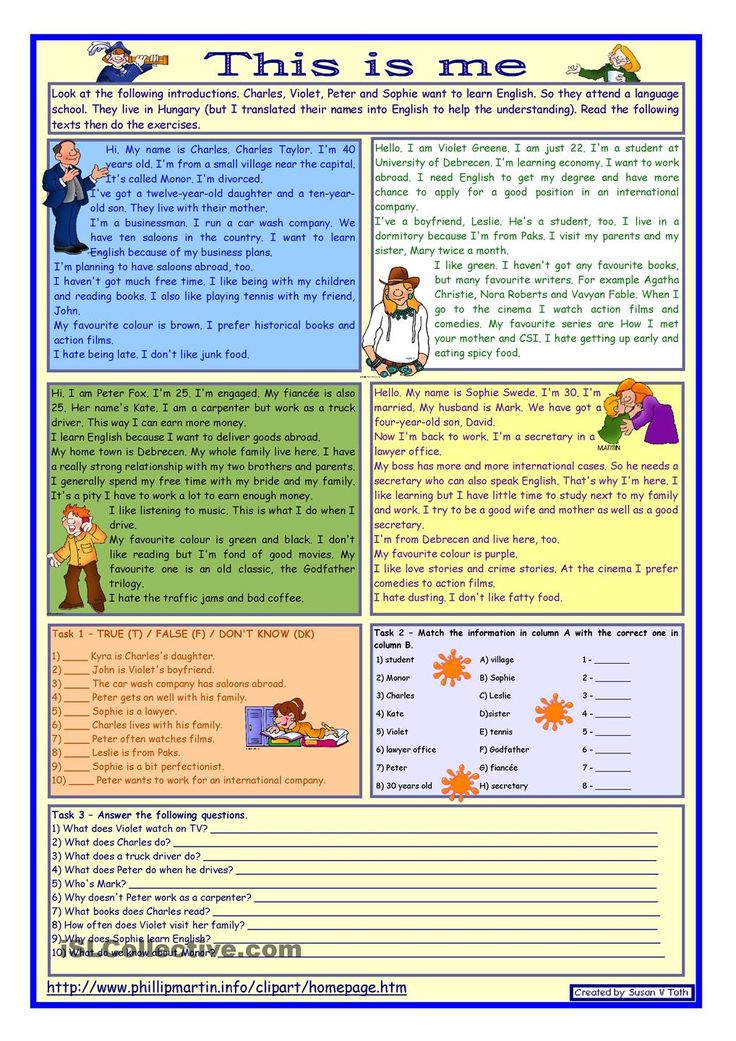 Rather than fulfilling unhealthy roles for your parents, it’s important that you insist that they get the help they need elsewhere.
Rather than fulfilling unhealthy roles for your parents, it’s important that you insist that they get the help they need elsewhere.
You can also request that your parents keep their personal issues out of family and celebratory events. There is no need for holidays and celebrations to be traumatic events ad infinitum, and it’s important that both parents be able to participate in the family without making it about their personal scuffles.
If you’re getting divorced, check out these five tips to help you deal with the stress.
Divorce and Children: Finding Resources to Help Everyone Cope
Many people involved in a divorce or with divorcing parents might feel ashamed or even inconvenienced by their emotions and experience. However, it’s absolutely essential that you prioritize your mental health during this time to help you get through what is understandable a very difficult experience.
You don’t have to go through this alone and should seek the help of supportive family, friends, and healthcare professionals. There are countless resources available online and elsewhere to help you learn how best to cope with divorce.
There are countless resources available online and elsewhere to help you learn how best to cope with divorce.
If you’re looking for more resources that have to do with divorce and children, check out the library of information available on the 2houses blog.
"Divorce from parents". Theory and definitions. | Training Center Sinton
Author: Vitaly Pichugin
"Divorce with parents" is a process that should lead to the establishment of new relationships. Here it is necessary to note two very important points, firstly, the new relationship must be based on financial independence, and secondly, on the principle of personal freedom.
Personal freedom is the ability to make decisions independently, and take into account the opinion of parents and other people as information that can be useful. The basis of personal freedom is financial independence, which is expressed in the ability to independently provide for one's material and spiritual needs. nine0005
nine0005
Everything has its price. Personal freedom directly depends on financial independence. If someone feeds and clothes you, then, as a rule, he brings you up.
If you want to become free, earn money!
It's important to be realistic. Often girls get married to leave their parents and start a new life. Many girls are puzzled by the question, if you earned enough money to support yourself, pay for a rented apartment, have a good rest - would you get married to leave your parents? If not, then the next question brings you closer to reality: what are you changing and for what? Dependence on parents on dependence on her husband? It's good if your husband loves you and your relationship goes well, but if not? Return to parents? They are already waiting reproachfully - “and we warned you to listen to your parents, you fool!” Therefore, there is only one way out. nine0005
If you want to be free, earn money!
What if I can't earn money yet? The question is logical, and, as a rule, has two meanings. First, behind the word I can't, the word I don't want is often hidden. It would be nice, of course, to start earning money on your own, but for this you need to do something, become smarter, acquire skills, learn something - I don’t want to. Then it is necessary to say to myself that if I choose any action or inaction, I choose the consequences of my action or inaction. The consequences of “I don’t want” are obvious, if you do nothing, then you get nothing. nine0005
First, behind the word I can't, the word I don't want is often hidden. It would be nice, of course, to start earning money on your own, but for this you need to do something, become smarter, acquire skills, learn something - I don’t want to. Then it is necessary to say to myself that if I choose any action or inaction, I choose the consequences of my action or inaction. The consequences of “I don’t want” are obvious, if you do nothing, then you get nothing. nine0005
If you don't want to earn money, you depend on someone who does it for you.
The second meaning of “I can’t” is that there are no skills, abilities, while there is nothing to interest the employer. As a rule, these are beliefs that exist in order to justify one's unemployed position. In this case, excuses are not needed, but a statement of fact is needed - yes, now it is, but there is a desire to correct the situation, what can I do now, what do I need to know, what to learn in order to start making money?
There is only one approach to the problem, desire is a multitude of possibilities, and not desire is a multitude of reasons.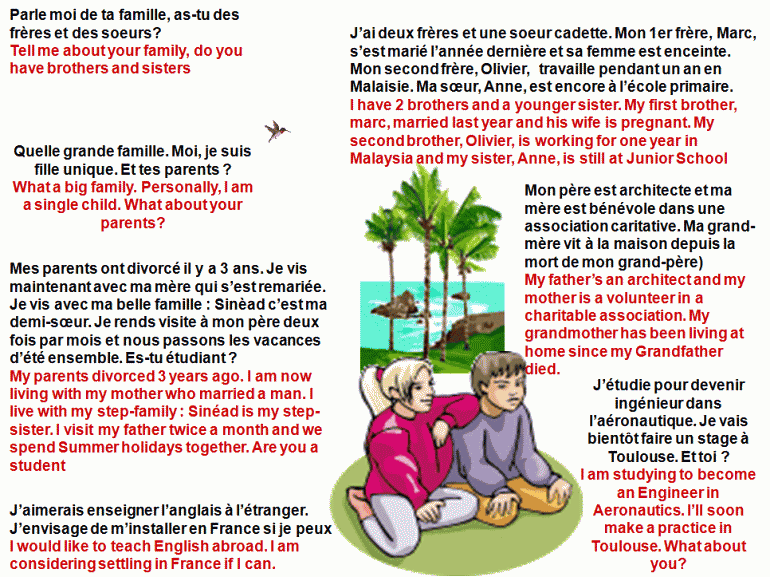 nine0013 Financial independence is a necessary but not sufficient condition for successfully establishing a new relationship with parents. The second prerequisite is personal freedom, which implies the ability to make decisions independently and be responsible for them. Many "children" never decided anything on their own, or if they made decisions, then the consequences of unsuccessful decisions were "disentangled" by their parents. Therefore, in the concept of "personal freedom" the main component is responsibility for all one's actions. nine0005
nine0013 Financial independence is a necessary but not sufficient condition for successfully establishing a new relationship with parents. The second prerequisite is personal freedom, which implies the ability to make decisions independently and be responsible for them. Many "children" never decided anything on their own, or if they made decisions, then the consequences of unsuccessful decisions were "disentangled" by their parents. Therefore, in the concept of "personal freedom" the main component is responsibility for all one's actions. nine0005
It may seem surprising to many, but the fact that the very possibility of being free frightens many "children" and parents.
Moreover, for some "children" freedom is dangerous. What they want to get rid of seems to be clear. From financial dependence, excessive parental care, moralizing, instructions, etc. But why should they be free? In order to build new relationships with their parents, however, having become free, many “children” completely forget about their parents and embark on a “free swimming” for entertainment, catching up on missed opportunities. nine0005
nine0005
The girl Katya wanted to get rid of the annoying advice of her parents, she was already 19 years old, and her parents strictly monitored all her daughter's contacts, including with young people, they advised and instructed with whom the girl should communicate and with whom not. Katya wanted freedom. It so happened that Katya's grandmother died, leaving an apartment to her granddaughter by will. This is how Katya's "freedom" began. To make it more fun and profitable to live in a two-room apartment, the girl began to rent a room to her friend. In protest and in retaliation for all the insults, Katya completely stopped communicating with her parents, she was passionate about the freedom to decide which young people to be friends with, how many of them should be, what to do with them. Now young people came to Katya's house, they all drank together, for this reason many could not leave until the morning. Drinking became more and more frequent, and people in Katya's apartment appeared more and more strange.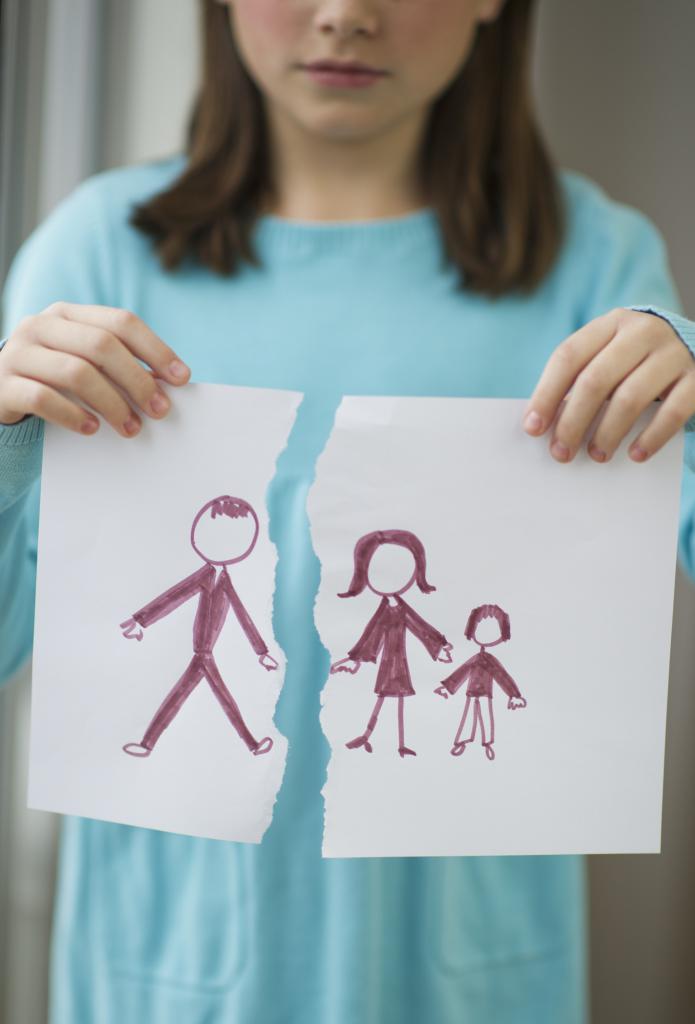 During the next drinking of alcohol, a fight broke out between several guys, during the fight Katya was wounded with a knife, there was a lot of blood and everyone fled, frightened, leaving the girl to her fate. The arbitrariness of fate took place, Katya died from blood loss. nine0005
During the next drinking of alcohol, a fight broke out between several guys, during the fight Katya was wounded with a knife, there was a lot of blood and everyone fled, frightened, leaving the girl to her fate. The arbitrariness of fate took place, Katya died from blood loss. nine0005
Freedom without a goal can be dangerous.
Another rule that may be helpful is that personal freedom based on financial independence only makes sense if there is a clearly defined goal.
Another very important point.
"Divorce" should be beneficial and useful for parents, so you need to learn to take care of them.
Author: Pichugin V.
Placed on the site syntone.ru. When publishing an article, a link to the site is required.
Divorce of parents: what and how to tell a child
Parental divorce is a common occurrence these days. But we still don't know exactly how to tell children about it. A difficult conversation, from which you still can’t get away. Let's try to make sure that avoiding it no longer makes sense.
The husband-wife relationship is a separate type of relationship. A type of partnership, the details of which should always remain aside from the child. A man and a woman can end their relationship. They can choose new partners. But when it comes to parents, their roles do not tolerate such changes. Parents are forever. It is this kind of relationship that includes children and is completely open to them. Regardless of what happens in the family, parents cannot leave their positions. Even in the case when they decide to end their marriage. Dad doesn't stop being dad when he goes to live in another house. As sailors, travelers and all those who cannot be with their family most of the time do not cease to be fathers. A similar story applies to mom. Having ceased to be husband and wife, people still remain parents. They can get away from each other, but not from children. It is this difference that should be very clearly understood by ourselves and explained to our children first of all. nine0005
nine0005
How to separate so as to remain parents
Once this thought is firmly planted in the child's head, he will not have the urge to get involved in the divorce experience. If this still happens, then he has become another unit where only two should participate. In psychology, this phenomenon is called "triangulated child". That is, a child who is drawn into adult relationships as a third party. This situation is dangerous, first of all, because the experiences that he begins to experience, being a participant in adult relationships, are absolutely beyond his power. Very often, parents unconsciously involve their children in clarifying their relationship, complain about the negative aspects of the second spouse, discuss their moral qualities with their children and try with all their might to win them over to their side. Such relationships are not uncommon for complete families and are very common where the spouses have decided to divorce. Triangulation not only negatively affects children, it can truly break lives. Inflict a serious injury that for a long time will prevent you from fully feeling yourself and building healthy relationships with other people. nine0005
Inflict a serious injury that for a long time will prevent you from fully feeling yourself and building healthy relationships with other people. nine0005
So, the second conclusion. When parents divorce, it is very important to convey the following fact to the child: no one leaves you. You don't have to and can't choose anyone. You already made a choice when you came into this world. Everything that is happening now within the family lies on the shoulders of responsible adults. Don't worry, they themselves will decide how to live in the most correct, favorable way.
After we have dealt with the boundary between the role of a parent and an adult partner, we can think about how to help children quickly adapt to changes in the family. It is very important to clearly and clearly agree with the second spouse on the schedule of meetings. Where, when, how long will they take place? All the nuances of the agreements must be clear to both parties and again must be clarified without involving the child. Only adults are responsible for these things. The exception is when it comes to an already grown up child who can regulate his own life schedule. At first, it will certainly not be easy to get used to new circumstances. Especially if "life before" included frequent pastime with both parents. nine0005
Only adults are responsible for these things. The exception is when it comes to an already grown up child who can regulate his own life schedule. At first, it will certainly not be easy to get used to new circumstances. Especially if "life before" included frequent pastime with both parents. nine0005
A series of toys "Inhabitants of the country Sylvanian Families"
The main thing to understand here is that what is much more important is not the amount of time spent together, but the quality of these episodes. Two hours of full-fledged contact with a child is much more important than many hours of communication of a tired adult who constantly glances at the phone. Even one day off a week, spent in a state of full involvement and interest, can bridge the separation that has arisen over the past days.
There are situations when young children intuitively want to take one side. They begin to reject the second parent, even if the divorce between the spouses took place as calmly as possible. The child begins to react aggressively, to drive away the father or mother who moved to another house. Demand a complete end to the relationship. Get angry, hide in another room and express your dislike in every possible way. This is due to the fact that emotions are raging inside the baby, which, due to age, he is not yet able to fully express. Anger in most cases is associated with anxiety that arises from a long separation from the second parent. In this situation, you need to remember: you differ from your child primarily in the maturity of brain structures. This means that there is no point in being offended and taking his words seriously. All that is required of you now is to try to restore the child's sense of security and block the separation by all available means. To do this, it is enough to remind yourself a little more often. Leave messages on relatives' phones, record funny videos. Send surprises. Letters that family members left at home can read to the child. You haven't disappeared.
The child begins to react aggressively, to drive away the father or mother who moved to another house. Demand a complete end to the relationship. Get angry, hide in another room and express your dislike in every possible way. This is due to the fact that emotions are raging inside the baby, which, due to age, he is not yet able to fully express. Anger in most cases is associated with anxiety that arises from a long separation from the second parent. In this situation, you need to remember: you differ from your child primarily in the maturity of brain structures. This means that there is no point in being offended and taking his words seriously. All that is required of you now is to try to restore the child's sense of security and block the separation by all available means. To do this, it is enough to remind yourself a little more often. Leave messages on relatives' phones, record funny videos. Send surprises. Letters that family members left at home can read to the child. You haven't disappeared. You stayed close. Remember this yourself and remind your children of this. Soon they will get used to the new meeting schedules and will treat him much more calmly. nine0005
You stayed close. Remember this yourself and remind your children of this. Soon they will get used to the new meeting schedules and will treat him much more calmly. nine0005
The other party does not want to meet
If the second parent does not want to communicate and maintain relationships with children, there are hardly any ways to force him to change. But even here, the first thing to remember is that this person is part of your baby. It was thanks to your relationship that the child was born at all. Yes, he does not always come when you would like. Perhaps he does not fulfill parental obligations at all. But then in your family there is you - a full-fledged loving parent. One is not enough anymore. Remind yourself and your children that everyone is different. Everyone has a different life, we can't always do what we want. Even if you don’t see your dad (mom) and you feel sad about it, remember that it was he (she) who helped you be born. This is already his best and most valuable gift.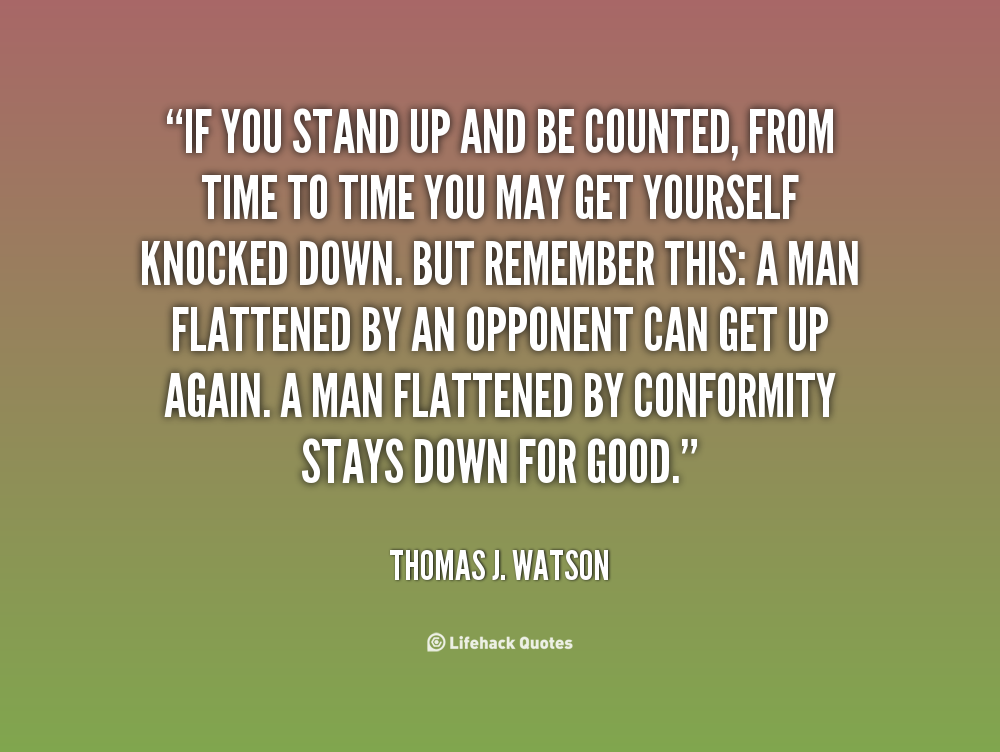 nine0005
nine0005
Books to help you talk about it
For children of middle and school age, the best help in coping with divorce and its consequences is the appropriate literature. You can read with them, you can just give a series of books. It is always easier to live your feelings when you know for sure that you are understood. There are many children around who are faced with the divorce of their parents, and at the same time they feel absolutely comfortable.
Maulina's magical kingdom has collapsed. Her dad now lives with a new family, and she stayed with her mom. But, of course, there is a way out of this situation. The series of books "The Amazing Adventures of Maulina Schmitt" is suitable for children of middle school age and introduces the world of an amazing girl who is going through a divorce of her parents. nine0005
The Amazing Adventures of Maulina Schmit series. Publishing house "Scooter"
Austrian writer Christina Nestingler has managed to create a book that turns a frightening divorce situation into a bright, upbeat story. “Of course and in general” is a story about children who actually understand everything no worse than any adult.
“Of course and in general” is a story about children who actually understand everything no worse than any adult.
The novel "Louis among the Ghosts" is a story about a boy who finds himself in a very difficult situation of his parents' divorce. An emotionally difficult book that tells about a teenager who has time to grow up. nine0005
Let the Polar Bears Dance is an honest, fast-paced book about a teenager, Lasse, who is dealing with his parents' divorce and other very typical problems for his age. A real bestseller, which is included in the best selections of books for middle and older children.
"Tzatziki and His Family" is a series of books about a boy from an incomplete family. In this part, he goes to meet his dad's family. The book collects very different reviews from readers. The reason for this is an absolutely open, honest style of presentation, which is often perceived as something unacceptable. It can be recommended to those who are not afraid to calmly discuss taboo topics and words with their child. nine0005
nine0005
Another book that tells about a girl who is faced with her parents' divorce is Semla and Gordon: Dad with Big Shoes. Semla's dad moved away from them, but this does not prevent him from looking at life with eyes full of optimism. An easy-to-read book suitable for children ages twelve and up.
With younger children, you can and should play with toys that remind them of what a family is. Dad can go to live in another house. You may have another mother. But we still love you. Nobody takes their love with them. Any plot can be played up so that the child can easily cope with changes in the composition of the family and understand that the connection between relatives does not depend on distances. Choose cute sets that include relatives of all stripes. Role play with your child. Try to visually show him how dad, even being in another apartment, will come and still spend time with him. A great option is wooden dolls "My family" or "Set of wooden dolls", "Doll family". nine0005
Instead of people, you can play families that consist of different animals. Seals "Family of black and white cats", hedgehogs "Family of hedgehogs", rabbits "Family of gray rabbits", dogs "Family of Labradors" - they are different, but together they can make one big family that loves each other very much.
Seals "Family of black and white cats", hedgehogs "Family of hedgehogs", rabbits "Family of gray rabbits", dogs "Family of Labradors" - they are different, but together they can make one big family that loves each other very much.
Of course, the perception of a child is very dependent on adults. From whether they themselves want to make the child feel comfortable. Are they ready to continue to be full-fledged parents and take care of common children. Very often, it is the woman who finds herself in a more vulnerable position. Under the pressure of stress, she can completely forget how she now looks in the eyes of her child. When dad now lives in a different house, and mom behaves like a real monster, the baby, of course, becomes very difficult. The beautiful, touching book "The Kid and the Beast", recommended for children from three years old, is not as easy to read as it might seem at first glance. But next to a loving adult who will help the child see just a tired mother behind the image of a real monster, she takes on a completely different shade.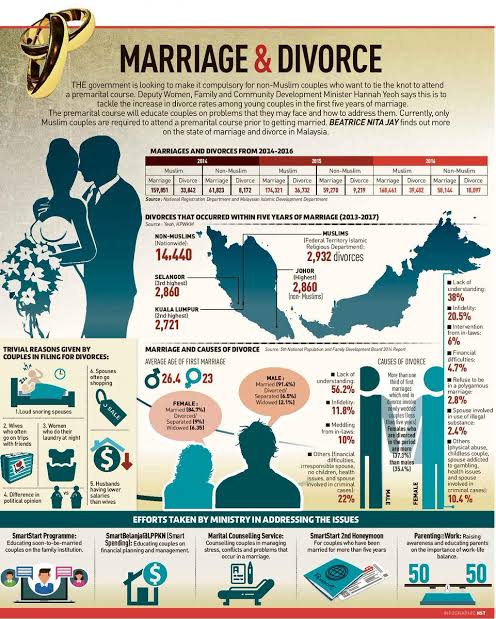 nine0005
nine0005
Mom and dad always stay with you. Always love you, always appreciate you. Do not get tired of reminding the baby about this. Paired books “Dear daddy. Father, friend and hero" and "Dear Mom, thank you for everything" will help not only the child to express his feelings, but also adults to remember how much they both mean in the lives of their children. These beautiful, easy-to-read photobooks are part of Trevor Grieve's Bradley series. Real bestsellers that have been published all over the world for more than a decade. nine0005
Semla and Gordon: Dad with Big Shoes book. Publishing house "White Crow"
The divorce process is always an occasion, if not to teach, then certainly to remind the child of how important it is to talk about your feelings. It is very important to be aware of your emotions and give them names. Remember together that families are very different. Sometimes for several houses. Sometimes they consist of only two people.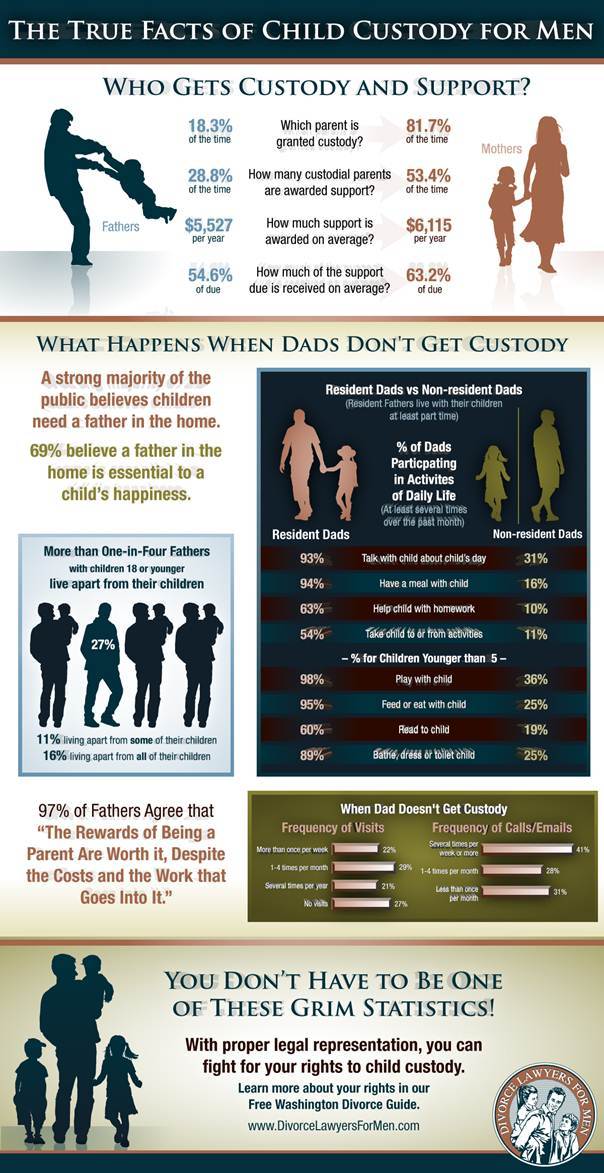 And it happens that the child used to have other parents in general. These things are described in a very simple language in the books "Family" and "Feelings", authored by Nuria Roca. Understandable, filled with interesting illustrations, publications that are designed to teach children to recognize their own feelings, to see the diversity of life around. In addition, the books are provided with useful tips for parents. nine0005
And it happens that the child used to have other parents in general. These things are described in a very simple language in the books "Family" and "Feelings", authored by Nuria Roca. Understandable, filled with interesting illustrations, publications that are designed to teach children to recognize their own feelings, to see the diversity of life around. In addition, the books are provided with useful tips for parents. nine0005
Do not forget to look for more information to think about yourself. Look for answers to your questions. Help yourself get through the divorce period so that your decision ultimately affects the fate of the family in an exceptionally positive way. Yes, this happens too. And more often than it might seem at first glance.
A book that tells about all the horrors that threaten a child if the divorce of parents turns into a real war - "Divorce of parents through the eyes of children." There is something to think about even for those who consider themselves absolutely savvy in this matter.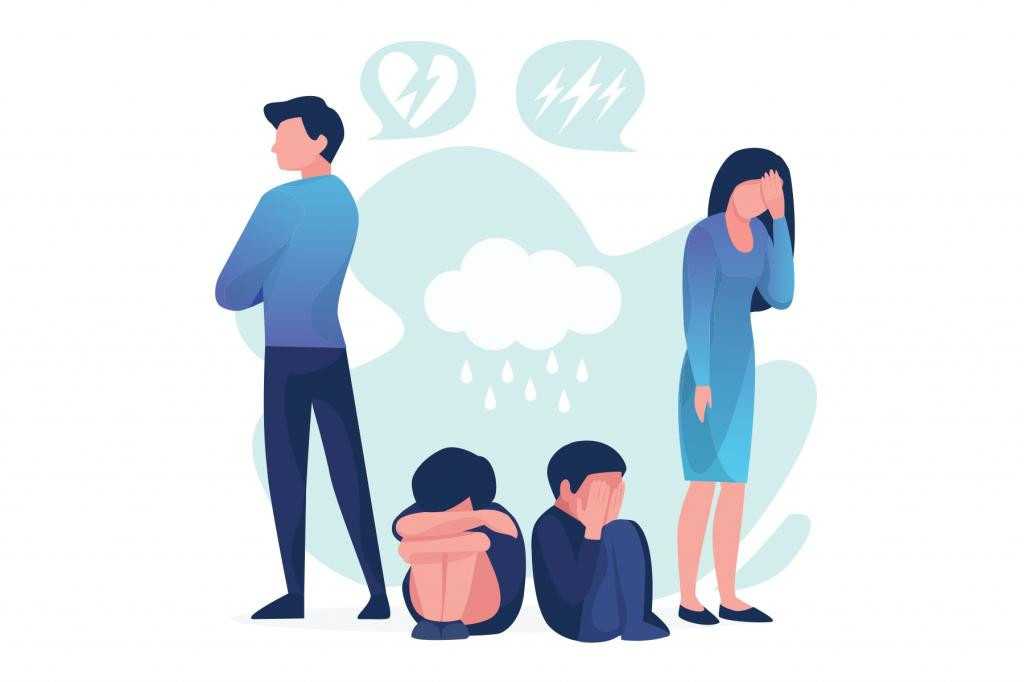 A million-selling worldwide bestseller written by the most sought-after psychotherapists, Divorce Recovery. It is suitable not only for those who are just about to get a divorce, but also for those who have already gone through this period. A huge amount of professional information that will help not only save you from mistakes, but also find a way to restore yourself. After all, divorce is not just a difficult stage. This is a trauma that is much more difficult to live with than it seems at first glance. "Traumatology of Love" by Vladimir Levy is recommended to everyone who suffers from love wounds. A very sensitive, explaining, sympathetic, but at the same time extremely professional book that can support you in a difficult period. nine0005
A million-selling worldwide bestseller written by the most sought-after psychotherapists, Divorce Recovery. It is suitable not only for those who are just about to get a divorce, but also for those who have already gone through this period. A huge amount of professional information that will help not only save you from mistakes, but also find a way to restore yourself. After all, divorce is not just a difficult stage. This is a trauma that is much more difficult to live with than it seems at first glance. "Traumatology of Love" by Vladimir Levy is recommended to everyone who suffers from love wounds. A very sensitive, explaining, sympathetic, but at the same time extremely professional book that can support you in a difficult period. nine0005
“Love children more than you hate each other. Effective Ways to Overcome Divorce Conflicts” — the name says it all. The book contains many step-by-step instructions that are designed to become a support for those who do not understand how to behave at all and cannot cope with their emotions.
